APNewsBreak: Coaches blast new NCAA eligibility standards
May 29, 2015, 12:56 PM
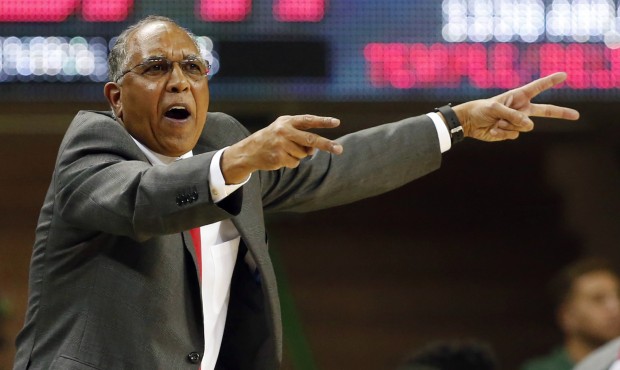
FILE - In this March 6, 2015, file photo, Texas Tech head coach Tubby Smith points to his defense in the second half of an NCAA college basketball game against Baylor in Waco, Texas. The National Association For Coaching Equity and Development, a group led by Texas Tech coach Tubby Smith, Georgetown coach John Thompson III and former Georgia Tech coach Paul Hewitt, issued a statement to The Associated Press on Friday, May 29, 2015, saying it applauds the NCAA's effort to better prepare students for the rigors of college but feels the changes disproportionately target minority and less affluent students. (AP Photo/Jerry Larson, File)
(AP Photo/Jerry Larson, File)
A new organization of minority coaches on Friday sharply criticized NCAA eligibility standards set to take effect next year for incoming freshmen, saying they will deny too many athletes the opportunity to go to college.
The National Association for Coaching Equity and Development, a group led by Texas Tech coach Tubby Smith, Georgetown coach John Thompson III and former Georgia Tech coach Paul Hewitt, issued a statement to The Associated Press said the standards disproportionately target minority and less affluent students in “an unintended consequence beyond acceptability.”
The new rules require high school athletes to have a grade-point average of at least 2.3 in 16 core courses (up from 2.0 in 13 courses). And 10 of those courses must be completed in the first three years of school in order to be eligible to compete as a freshman. Once a student completes a core course in his or her first three years, it cannot be retaken for a better grade.
The NAFCED group said they fear the bar has been raised too high for some athletes hoping to play college sports.
“That dream could be taken away after six semesters in high school,” Thompson said. “So for someone that’s a late bloomer, someone that the light bulb doesn’t go on until later, now it’s too late. And just the disproportionate number of minorities that’s going to affect, the number of people in general that’s going to affect, is not good.”
The changes, coupled with a 2007 rule that allows for only one course from prep school to be applied to an athlete’s transcript, could have a major impact on the number of athletes that will be eligible to compete as freshman, especially in the NCAA’s two biggest moneymakers: football and men’s basketball.
A recent NCAA report found that 43 percent of men’s college basketball players, 35 percent of football players and 15 percent of Division I athletes overall who were competing as freshmen in 2009-10 would not have qualified under the new standards.
“Those are two rules that are basically discouraging kids from trying to rebound from a bad start,” Hewitt said.
Hewitt was among dozens of minority coaches who gathered in Atlanta last week for NAFCED’s first annual meeting. He is among the founders of a group that also includes Thompson, Smith, Texas coach Shaka Smart and California coach Cuonzo Martin. They say they are determined to bring a new voice to issues facing minority athletes and coaches in college, including student welfare and the dwindling numbers of minorities in the NCAA coaching ranks.
The new requirements were put into place during a time when the NCAA and its member schools are wrestling with the notion of amateurism. One of the concerns from some schools is “alternative admissions,” where students admitted to college to play sports otherwise would not have gained entrance based on their academic performance from high school.
“Our concern is that we want students to be successful academically and in life,” Ohio President Roderick McDavis, the chairman of the NCAA’s committee on academic performance, told The AP. “We think if they come to a university or a college better prepared academically as high school students, that this will help them to succeed academically and better in life after college because they will be much better prepared to take on the rigor of a college curriculum.”
The new standards were adopted in 2012 but implementation was delayed until 2016 to give students, teachers, counselors and coaches time to adjust, McDavis said.
“It was sort of like fair warning that four years down the line, we are going to implement new standards,” McDavis said. “It shouldn’t come as a surprise to anyone that we’re implementing the standards because that’s when we said we were going to do it.”
Hewitt and Thompson are among the coaches who believe the new rules unfairly target the young minority athletes that they often recruit, many of whom come from low-income homes and underperforming school systems that lack the resources to properly prepare students for college.
“If there’s anything we can do to provide a more prepared student as they come to a college campus, we’re all in favor of that,” Hewitt said. “This is not about reducing standards. This is about, this isn’t fair. Why are you telling a kid after his junior year of high school that you are less desirable to get a college scholarship? Or if the light comes on late, why can’t I go to prep school?”
NAFCED is in its formative stages, only just beginning to amass the numbers needed to become an agent for change. But it aims to replicate the influence the now-defunct Black Coaches Association once had in the days when George Raveling, John Thompson and John Chaney were outspoken crusaders for minority coaches and athletes.
“Changes are going to be inevitable, whether it’s academic changes or the changes that the NCAA has implemented as far as giving players cost of living (stipends),” Smith said. “All those things are for the welfare of the student-athletes. We have to make sure we keep those things in the forefront.”
___
Online:
National Association For Coaching Equity and Development: http://www.nafced.org/
Copyright © The Associated Press. All rights reserved. This material may not be published, broadcast, rewritten or redistributed.


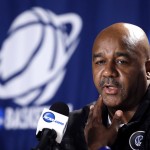

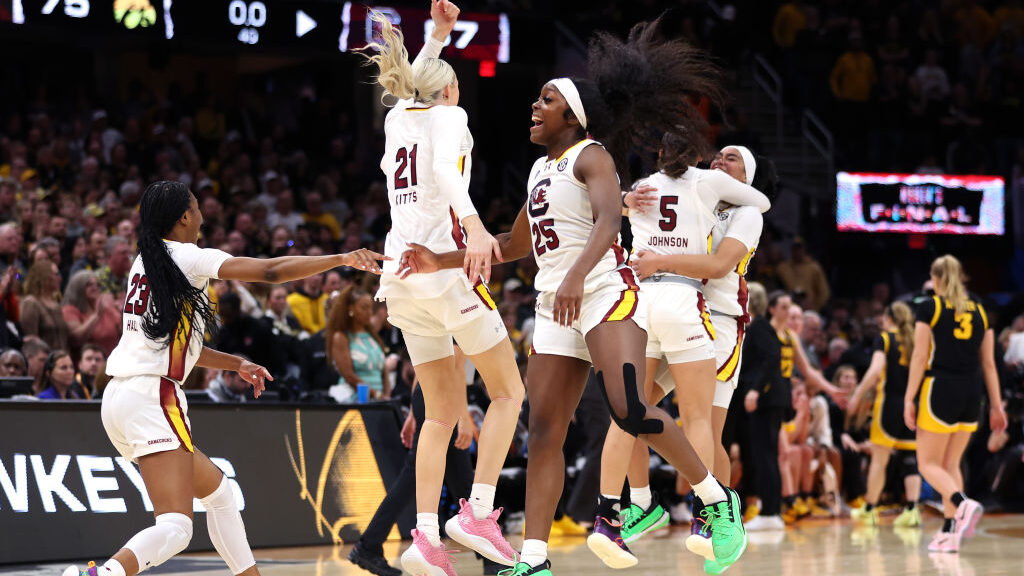
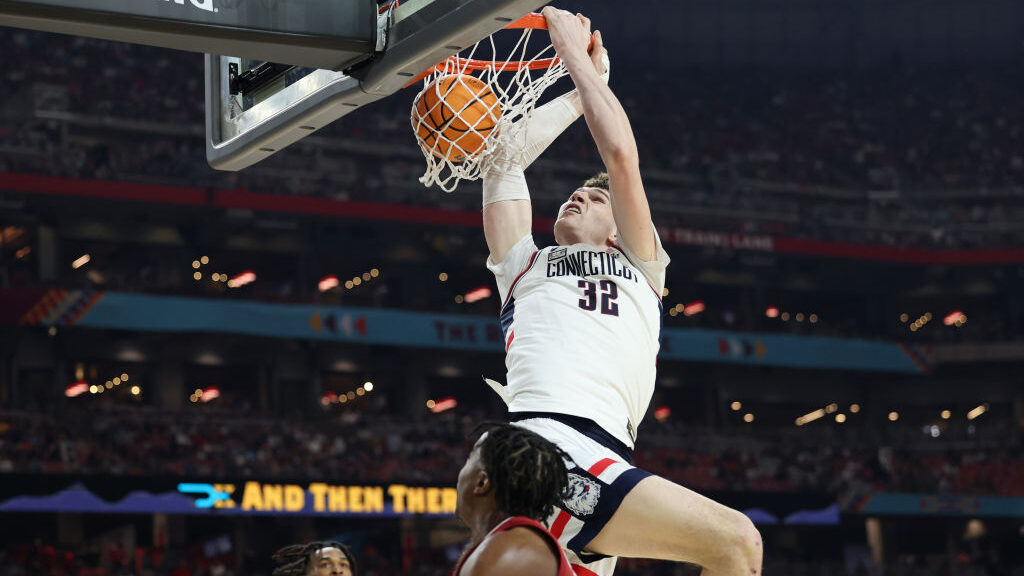
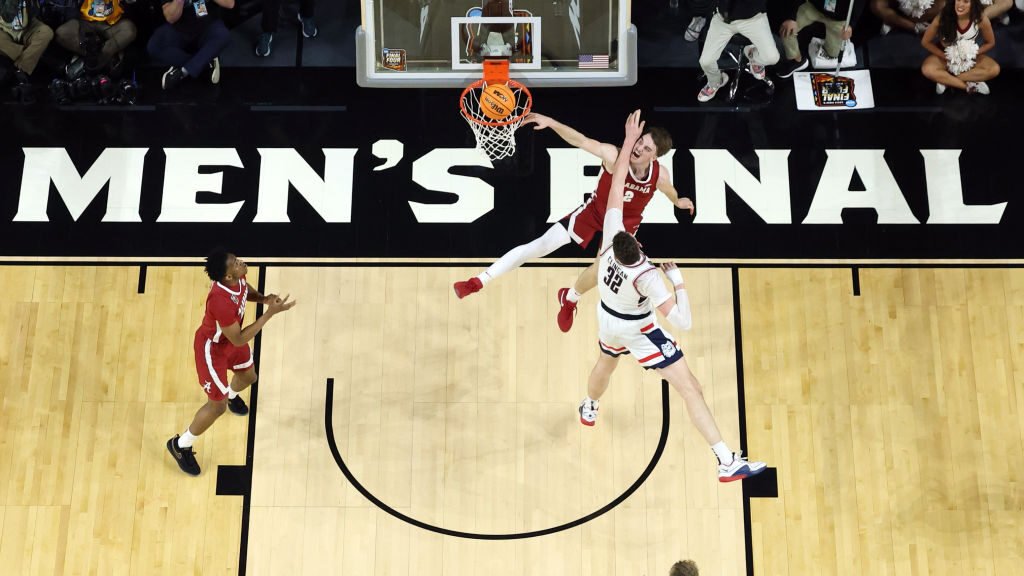
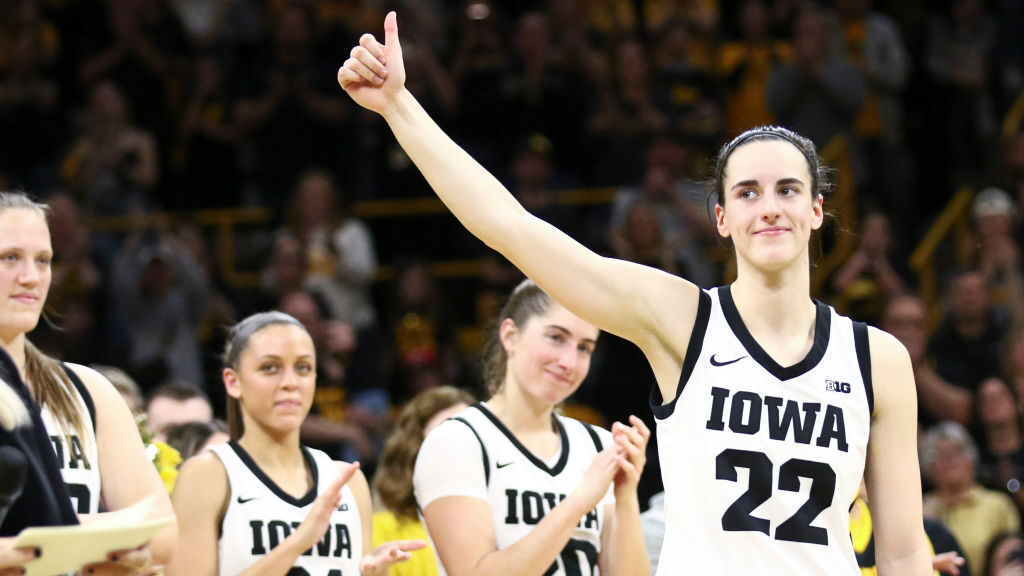
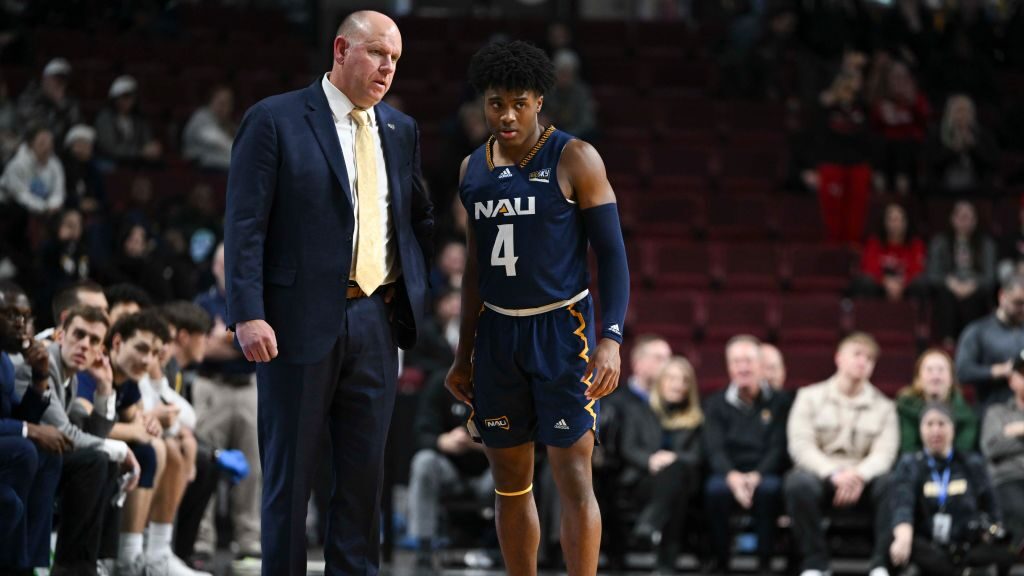
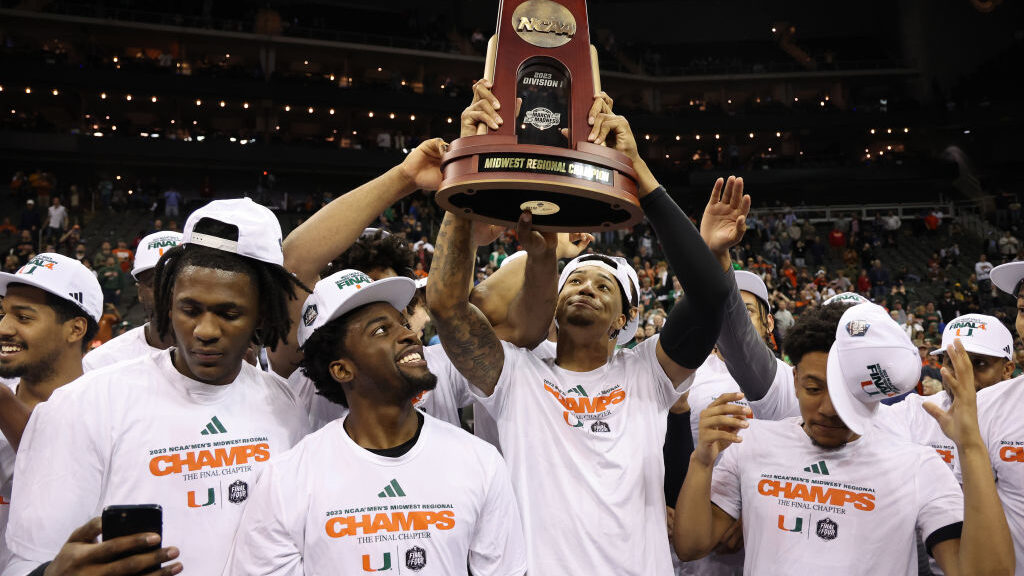
Comments